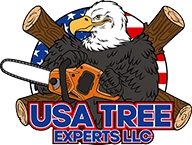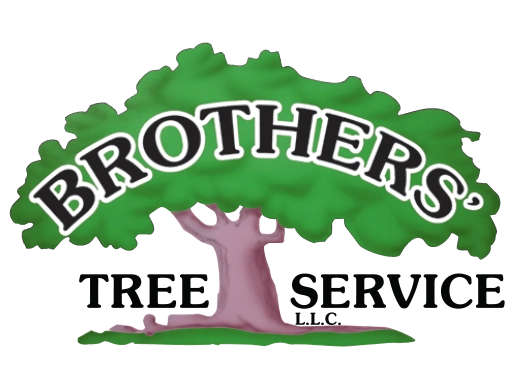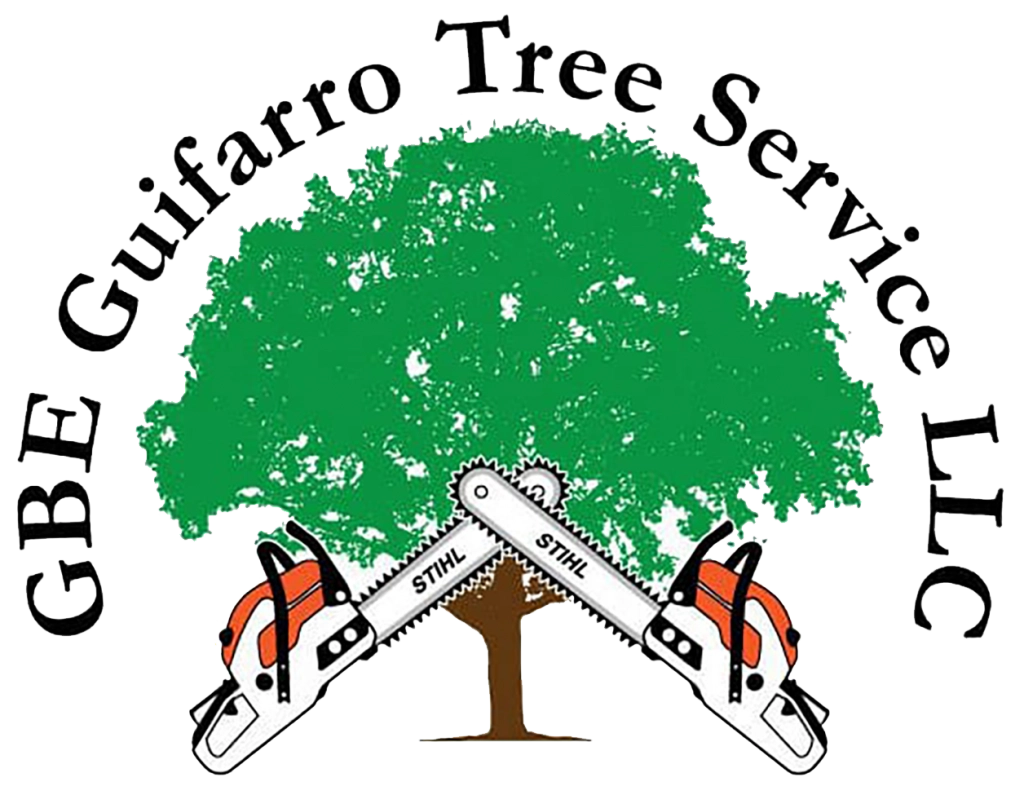How To Choose the Right Waterbury Tree Service
When considering a tree removal company, you may look at factors like licensing and services offered. We highlight some of the most important considerations below.
Vet the Company's Qualifications
Make sure that your tree service provider holds the needed insurance policies, like professional liability, workers' compensation, and general liability insurance. These policies serve to protect both workers and customers. Your company's policy should specifically mention tree work coverage; otherwise, you may be held responsible for any injuries or damage on your property. Tree removal has no mandatory national certifications, but a company might have a certified arborist on staff to perform inspections. Having an arborist isn't required, but it does provide added benefits. Arborists are certified by the International Society of Arboriculture (ISA). They learn proper preservation, care, and maintenance techniques to protect tree health.
Get Quotes From Multiple Companies
It's a good idea to request quotes from multiple companies. This lets you compare aspects such as included services, service fees, and timelines to find the best deal.
Confirm the Company Performs Residential Tree Services
Residential tree removal companies have fewer restrictions than commercial ones. Commercial companies work on large commercial properties and therefore must follow certain local ordinances. For this reason, we recommend hiring a company that specializes in residential tree services.
Request a Tree Risk Assessment
A tree risk assessment (TRA) helps minimize the risk of damage to your property or harm to workers. During this process, your tree service professional will visually inspect a tree and its branches to assess the risk of breaking, also called tree failure. Certified arborists typically conduct TRAs. Sometimes these services are offered for free, while other times, there's an additional fee. Speak with your tree removal company and make sure you have a TRA completed before undertaking any work.
Ask About Stump Removal
Many tree removal companies can also handle stump removal, either by hand or with specialized equipment. This is important because neglected stumps can decompose and attract pests and disease. Ask whether your tree removal company includes stump removal as a part of its services. It typically costs from $67 to $488, with the typical Waterbury homeowner paying roughly $310.
How Much Does It Cost To Remove A Tree?
Tree removal services cost $303-$1,331, with an average cost closer to $621. A number of factors influence the price, such as tree health, project size, and tree size and type. You'll pay more for emergency services, with costs around $1,597. If you remove multiple trees, the company may charge per acre instead of per tree. Your price may also increase if the trees have a higher failure risk and need additional safety precautions, labor, or equipment.
Ready to Get a Quote on Your Tree Project?
Please enter a valid 5-digit zip code!
Frequently Asked Questions About Tree Removal in Waterbury
What are common tree issues?
What's the difference between tree pruning and tree trimming?
How can I tell if a tree is dangerous?
Do I need to hire a professional for tree removal?
Is it safe to leave a downed tree on my lawn?
To share feedback or ask a question about this article, send a note to our Reviews Team at reviewsteam@thisoldhousereviews.com.













